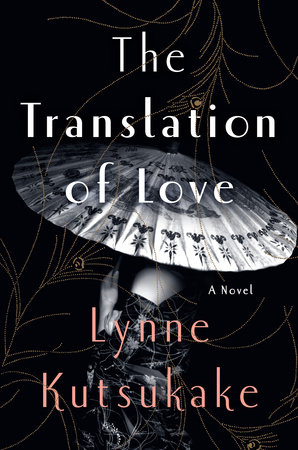Lynne Kutsukake’s novel The Translation of Love is an emotional and engaging journey through post-war Japan as seen by its wide cast of characters. It is a unique picture of what happens after war–the consequences of war, the struggles to recover, the aftermath of families torn asunder by loss. Though perhaps most closely following a young girl’s search for her older sister, it includes also the stories of a young Japanese Canadian re-pat, Japanese Americans working for MacArthur’s occupation government, those stranded when war broke out, among others.
The novel takes a vignette approach, as each chapter jumps between the dozen or so characters before oh- so-inevitably climaxing when their lives intertwine. Overall, it’s an enjoyable read.
The book’s antagonist is more than anything the hard comings of post-war life. In this, it is perhaps overly generous. Yet it captures an interesting and little written about slice of life. What happened to those Japanese Americans and Japanese Canadians who chose to return to Japan after internment? What was it like for Japanese Americans serving in the occupation, apart yet not? What was it like living in post-war Japan, after your lives have been upended? These are the fragments Kutsukake hones in on.
Perhaps my favorite of her carefully crafted cast is Matt, a Japanese American whose brother died fighting for the United States and who moved to Japan to work for MacArthur. He translates letters written to the general, many from ordinary Japanese trying to survive and find their loved and lost–trying to capture their nuance, yet knowing most will remain unanswered. He, like the others, is sympathetic.









